Burundi’s Media Regulatory Body, the National Communication Council (CNC), has strongly refuted claims that media heads were coerced into signing agreements regulating media conduct during the upcoming 2025 elections. Esperance Ndayizeye, head of the CNC, made the statement during a press conference on Tuesday, where she addressed concerns raised about the signing of the media code of conduct.
According to Ndayizeye, of the 60 media representatives who attended a workshop in Gitega, Burundi’s political capital, on December 9, 59 signed the “Code of Conduct for Media during the 2025 Electoral Period.” She criticized accusations that the agreement was signed under pressure, asserting that the new code of conduct does not replace existing media laws but supplements them during the electoral period.
The agreements, signed at a two-day workshop in Gitega, the country’s political capital, outline commitments to avoid spreading rumors and refrain from publishing election results prior to the official announcement.
One of the most controversial provisions, found in Article 10, restricts media from reporting partial election results without authorization from the Independent National Electoral Commission (CENI). This provision has sparked frustration among journalists, with some questioning the practicality of the rule, asking: “If we are on the ground and cannot report trends, what else will we do?”
Critics argue that the code was hastily prepared by the CNC without sufficient input from media representatives. Opposition politicians, including Gaspard Kobako, president of the opposition party AND, have condemned the code, calling it a threat to freedom of speech and a tool for government repression. “Information is true, balanced, and pluralistic when it is delivered in real time. It must be disseminated gradually; otherwise, information given under authorization risks being biased,” Kobako said, according to local newspaper Iwacu.
Térence Manirambona, spokesperson for the National Council for Freedom (CNL) party, emphasized that journalists should be allowed to report on every stage of the electoral process, particularly the counting of votes. “Transparency is essential for credible election results,” he said.
The 2025 election schedule is as follows:
- June 25, 2025: Parliamentary and municipal council elections
- July 23, 2025: Election of senators by municipal council members
- August 25, 2025: Election of hill or neighborhood councils and their leaders

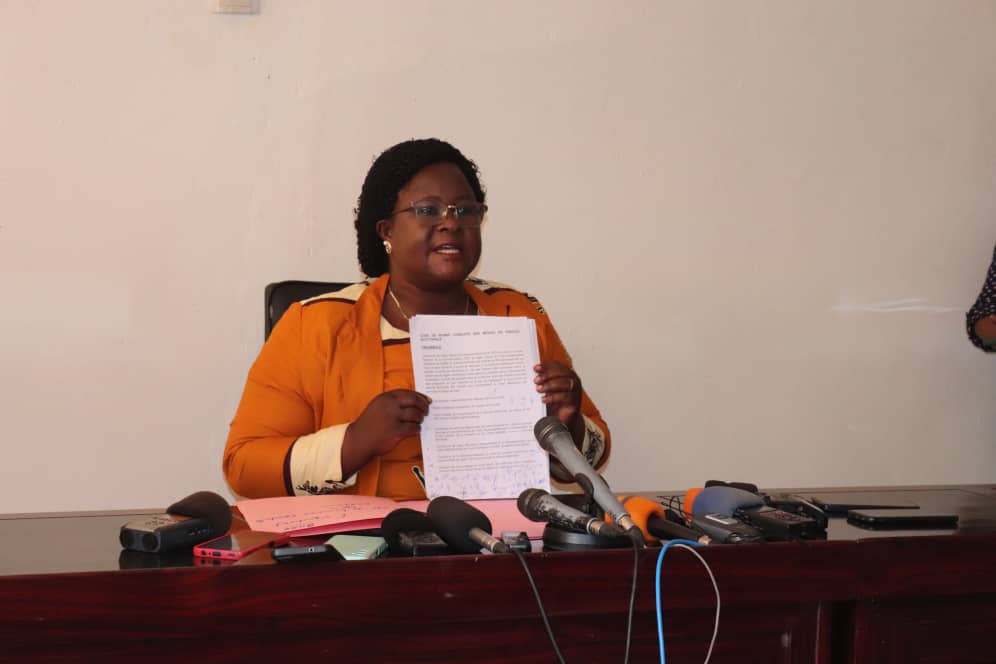
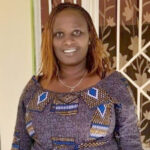
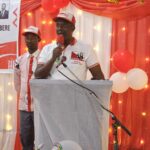
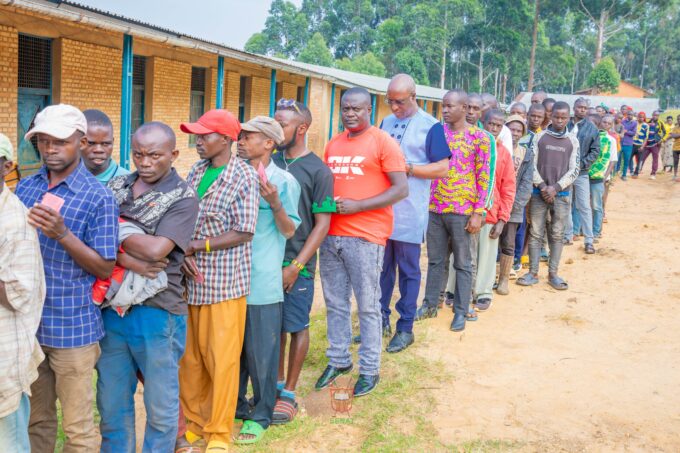
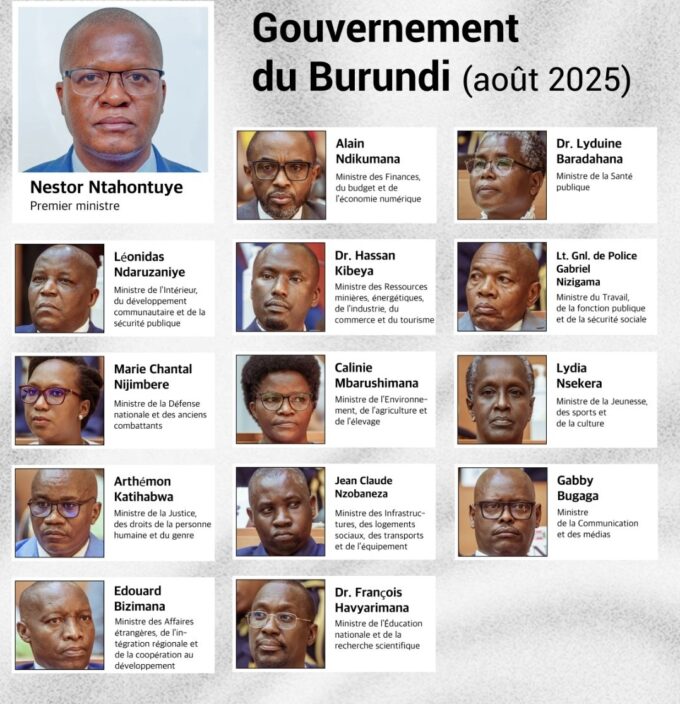
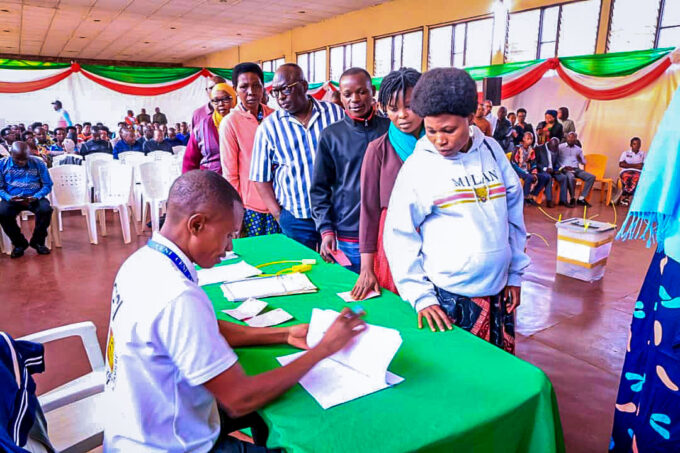
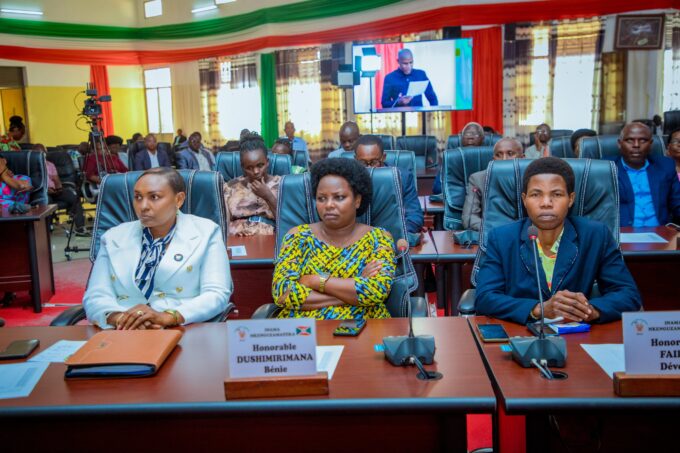
Leave a comment